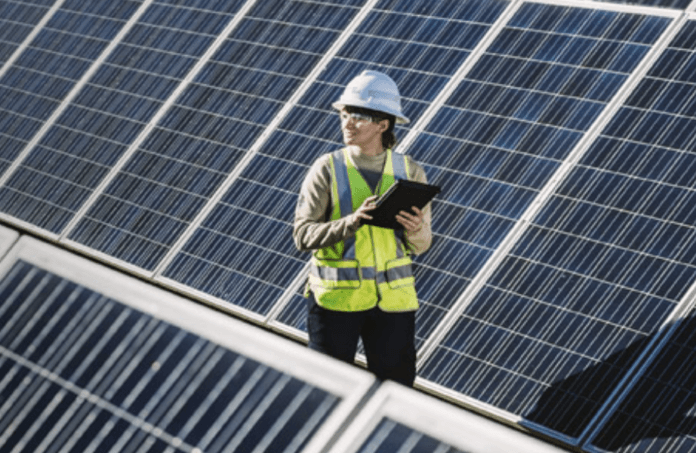Duke Energy Florida (DEF) has filed a proposed new Clean Energy Connection (CEC) Program with the Florida Public Service Commission. The announcement is the latest advancement in Duke Energy’s commitment to solar energy.
If approved by the commission, the program will provide Duke Energy Florida customers with about 750 MW of cost-effective solar power – offering more options for qualified residential, business and local government customers to share the company’s solar energy production on a voluntary basis.
Duke Energy plans to invest an estimated $1 billion in its new solar power plants across Florida in the next three years. The first plants will go online in 2022 and more will follow through 2024.
“The Clean Energy Connection Program is delivering on what our customers want – affordable clean energy options. It will be a measurable way for customers to share in reducing carbon emissions,” says Catherine Stempien, Florida state president of Duke Energy.
“We know that larger-scale solar is the most cost-effective way to get the benefits of solar on our entire system and this program gives customers, especially those who may not have the ability to install solar at home, a compelling alternative to rooftop panels,” she adds.
Participating customers can subscribe to blocks of solar generation equivalent to 1 kW of solar power per block and receive bill credits based on their subscription size and the solar energy that is produced by the Clean Energy Connection solar facilities each month. The program sets aside 26 MW for low-income customers who participate in government subsidy programs or Duke Energy Florida’s low-income energy efficiency program.
The Clean Energy Connection Program is designed to utilize low-cost universal DEF solar facilities while delivering solar energy efficiently to and for the benefit of all of our customers. It is also designed to provide participating customers with a seven-year full payback, with bill credits first exceeding subscription fees around three to five years. As long as the customer remains in the program for seven years, the annual bill credits are projected to be more than the subscription costs, creating real customer bill savings.
If approved by the Florida Public Service Commission, the program will open to residential and small businesses for enrollment in 2021 with the program beginning to generate power at the beginning of 2022.
Customers who are interested in participating in the program can learn more here.
Photo: Duke Energy’s Clean Energy Connection web page




